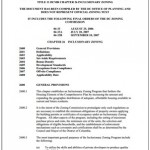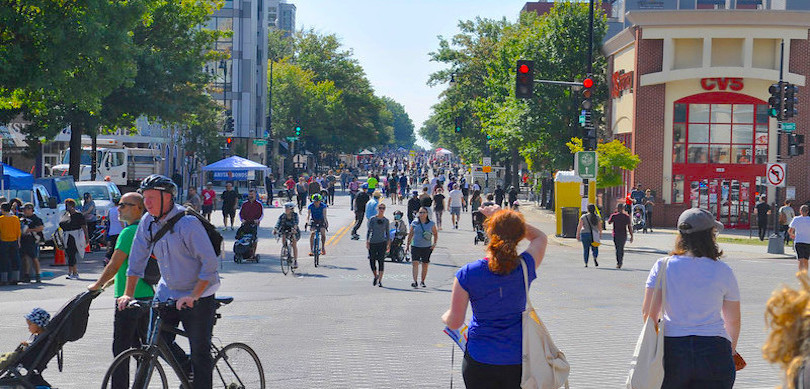
The District of Columbia has emerged as one of the most walkable and bikable cities in the country. It is experiencing both positive changes and challenges that require us to work harder. DC is vibrant, diverse and growing after decades of decline. The Coalition for Smarter Growth has won many policy changes that built more sustainable transportation choices, housing options, and deeper, longer commitments to housing affordability. CSG continues to address crucial challenges to ensure long-time residents, Black and Brown residents, and people of all incomes and backgrounds can live in the neighborhood of their choice, and access safe, affordable, and sustainable transportation options to work, school, services and recreation.
Our Work in D.C.
Comprehensive Plan
The District of Columbia’s Comprehensive Plan guides the physical development of the city and manages growth in the District. On May 18, 2021, the DC Council voted to adopt the Comprehensive Plan amendments that furthers our vision for an inclusive, walkable, and transit-oriented city. Learn more >>>
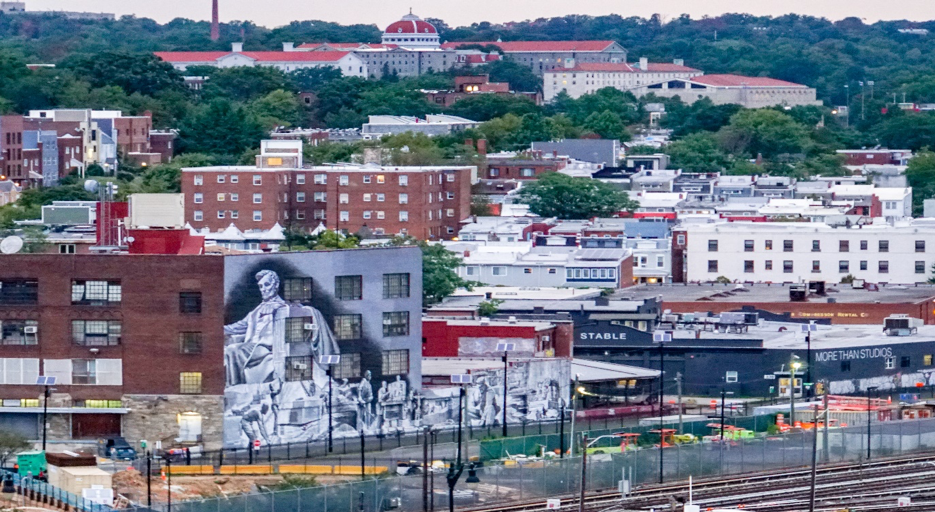
Accessory Dwelling Units (ADUs)
As housing demand continues to outpace supply in the District, creative solutions are needed to provide additional housing and reduce rental costs. An ADU, a secondary living unit in a house or backyard, is one such solution. Learn more >>>
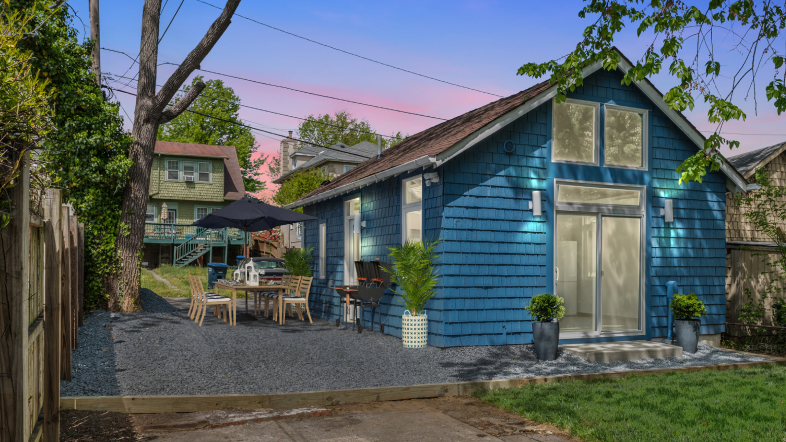
Flexible Commuter Benefits
In 2020, the DC Council unanimously voted to support flexible commuter benefits! The law, promoted by CSG, our supporters and allies, will give workers the option to walk, bike and take transit to work using the value of an employer-subsidized parking space. Learn more >>>

16th Street Bus Lanes
From petition drives to public testimony to policy expertise, CSG and other community members have pushed to implement a dedicated rush hour bus lane for the last six years – and won! These bus lanes are currently under construction. Since we won the 16th Street campaign, DC has launched a Bus Priority Program to accelerate implementation of bus lanes and other improvements to make buses faster and more reliable. Learn more >>>
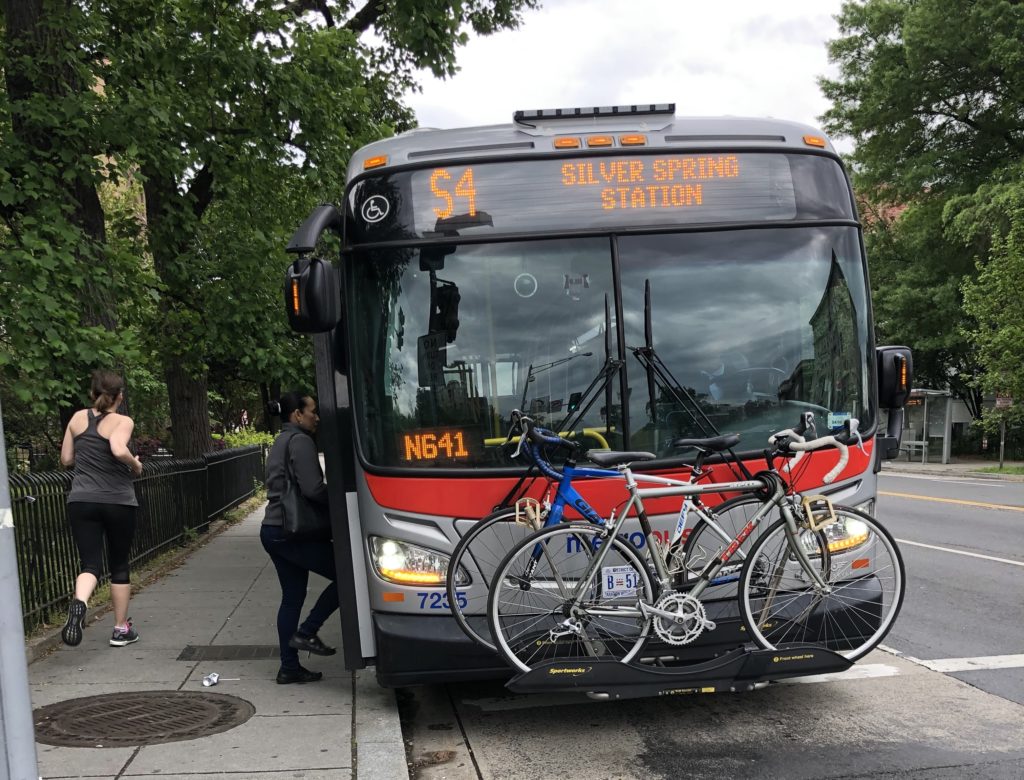
Past Campaigns
- Inclusionary Zoning: There’s no silver bullet for DC’s affordable housing crunch, but inclusionary zoning is one important policy tool we’re working on to help with the issue. We’re working hard to make changes to the program so it can better serve low-income households. Learn more >>>
- Public Land for Public Good: D.C.’s extensive publicly owned lands are a key opportunity for the city to provide affordable housing to very low-income residents. Through research, education and advocacy, we won a major commitment to affordable housing in all public land dispositions. The law requires that public land dispositions set aside 20-30% of new homes affordable at deeply affordable levels for rentals. Backing this legislative effort was our report Public Land for Public Good provides a look at the city’s track record for producing affordable housing on public land. Learn more >>>
- Bus report card: We partnered with MetroHero to release the first-ever performance-based DC Bus Report Card. Developed from real-time data collected in May 2019 by MetroHero, the report shows DC’s major bus routes suffer from poor reliability and sluggish speeds, factors that are likely major contributors to the system’s declining ridership. Learn more >>>
- Long-term Affordability: Expiring income restrictions that make homes affordable to low income residents has been an ongoing emergency, as the need for affordable housing has grown, not waned, over time. Through CSG’s outreach and advocacy, most of DC’s affordable housing subsidies (e.g. Housing Production Trust Fund) and requirements (Inclusionary Zoning, public land dispositions) now ensure affordability does not expire, but is secure in perpetuity, or for the life of the development. Our report on long-term housing affordability for the District of Columbia makes the case for why the District should adopt long term affordability requirements. Learn more >>>
Latest Happenings
City Council Lauded for Action on Affordable Housing Law
TESTIMONY: Washington D.C.’s Campaign for Mandatory Inclusionary Zoning
D.C.: Mixed-Income Housing
DC Region Growth Patterns Contribute to Emissions Problem
